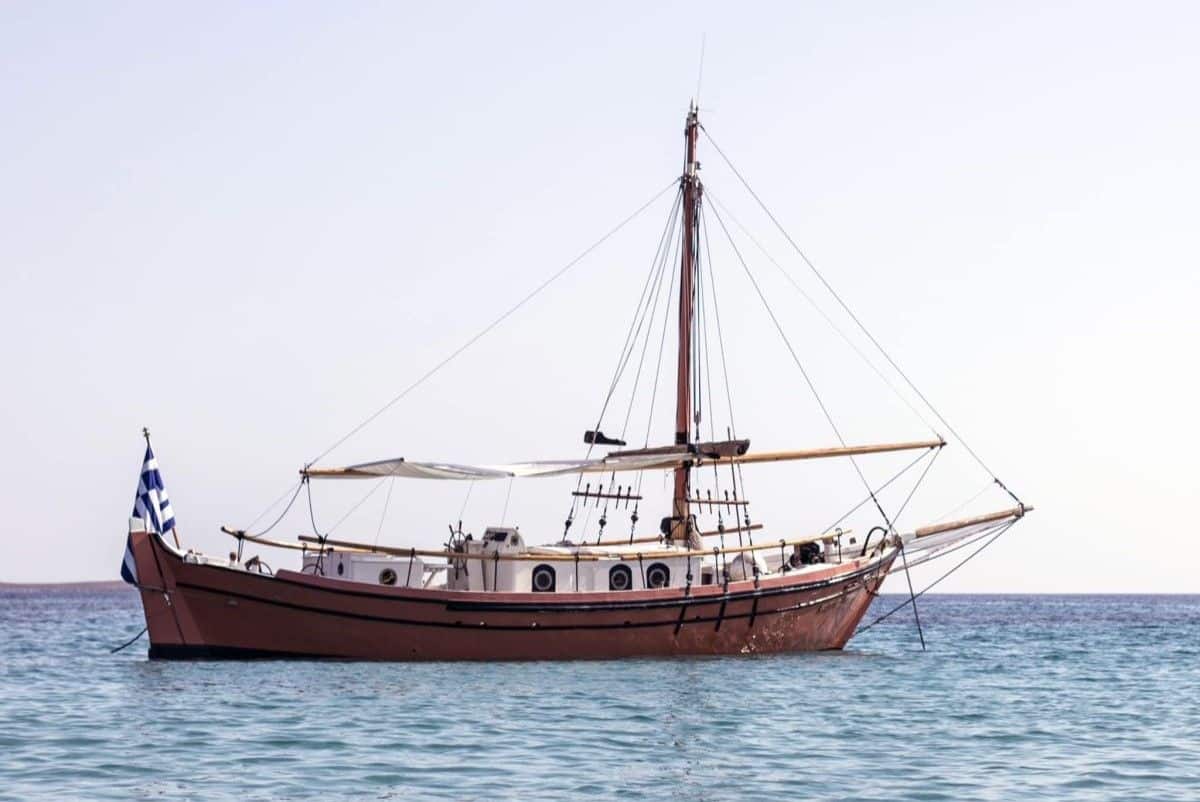Greece Takes Bold Steps to Preserve Wooden Shipbuilding

The Greek Ministry of Maritime Affairs and Insular Policy is doubling down on its efforts to safeguard the nation’s traditional wooden shipbuilding heritage. During a recent event at the Yacht Club of Greece, Deputy Minister Stefanos Gkikas outlined the government’s initiatives aimed at revitalizing this centuries-old craft. The event, hosted by the Archipelagos Network and the Traditional Boat Association of Greece, celebrated the importance of maritime heritage while addressing the urgent need for preservation.
Government Initiatives to Support Shipbuilding
In his address, Deputy Minister Gkikas emphasized the government’s commitment to ensuring that traditional shipbuilding remains a vibrant part of Greece’s cultural landscape. He detailed several key initiatives designed to bolster the industry and protect this unique art form. Among these initiatives is the resolution of environmental licensing issues that have hindered shipyards. The government is also introducing legal definitions for terms such as “karnagio” (shipyard) and “tarsanas” (traditional dry dock) for the first time, which will help clarify regulations and support the industry.
Additionally, the ministry is amending shoreline and beach laws to simplify the leasing process for shipyards and dry docks. This includes improving compensation calculations to make it easier for shipyards to operate. A national registry of shipyards is also being created to enhance their visibility and access to financial support. Furthermore, the ministry is collaborating with port authorities to facilitate the renewal of space leases for shipyards within port land zones, ensuring they have the necessary infrastructure to thrive.
During the event, Nikolaos Kavallieros, President of the Traditional Boat Association of Greece, highlighted the pressing need to halt the decline of traditional wooden fishing boats. He proposed that these vessels be repurposed for leisure activities, allowing them to retain some fishing functions while preserving their cultural significance. This approach aims to breathe new life into these traditional crafts and ensure they remain part of Greece’s maritime identity.
Educational Initiatives and Future Plans
Jacob Moe, founder and General Director of the Archipelago Network, shared insights from the organization’s extensive research on traditional maritime crafts conducted over the past five years across 11 Cycladic islands. This research underscores the rich history and significance of wooden shipbuilding in Greece, further emphasizing the need for preservation efforts.
In a significant move to safeguard this cultural heritage, Gkikas announced a collaboration with the Ministry of Education to establish specialized schools for wooden vessel construction in Perama and Syros. This initiative aims to train the next generation of craftsmen, ensuring that the skills and knowledge required for traditional shipbuilding are passed down. “We must preserve and highlight our maritime tradition,” Gkikas stated, reinforcing the responsibility to honor both ancestors and future generations.
As Greece takes these proactive steps, the commitment to preserving its maritime heritage is clearer than ever. The government’s initiatives not only aim to protect traditional shipbuilding but also to celebrate and promote it as an integral part of Greece’s cultural identity.
